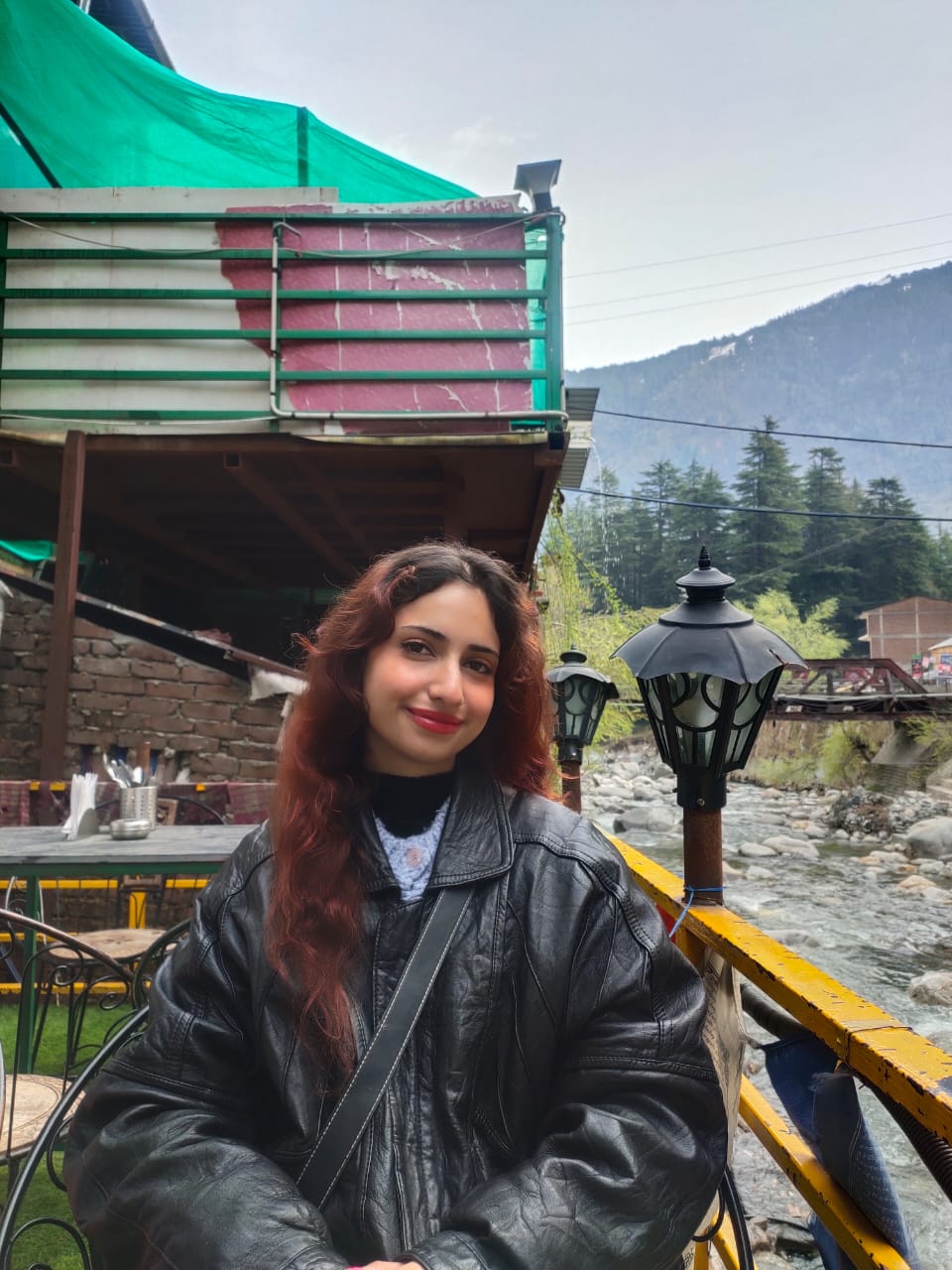Maharashtra's judicial machinery achieved a historic milestone as the second National Lok Adalat of 2025 resulted in the resolution of 4.58 lakh cases, of which 3.64 lakh were pre-litigation and 94,075 pending cases, in different courts and legal committees of the state.
Massive Legal Outreach Across Maharashtra
Conducted under the auspices of the Maharashtra State Legal Services Authority (MSLSA) and presided over by Justice Atul S Chandurkar, the seniormost puisne judge of the Bombay High Court, the Lok Adalat covered:
Three High Court benches (Mumbai, Nagpur, Aurangabad)
34 district legal services authorities
305 taluka-level committees
This gigantic legal outreach ensured statewide participation and efficient dispute resolution.
₹20 Crore Recovered in Traffic e-Challan Cases
A major portion of the impact had come from traffic-related issues, with 2.31 lakh maharasthra e-challan cases having been settled using virtual notices that led to ₹19.93 crore recovered. The utilization of digital communication suggests an increasing tendency towards virtual facilitation of the law and enforcement-friendly practices for citizens.
Range of Cases Settled
The Lok Adalat settled a broad range of civil and criminal cases, which included:
Motor accident claims
Bank loan recovery
Matrimonial and household disputes
Cases of cheque dishonour
Electricity and telephone bill cases
Compoundable criminal offences
Also, 36,084 pending cases were cleared in a special five-day drive conducted before the Lok Adalat.
Binding Nature of Lok Adalat Awards
As per MSLSA, awards made under Lok Adalat have legal sanctity equal to a decree of a civil court under the Legal Services Authorities Act, 1987. This provides finality, enforceability, and no further appeals, making it a win-win situation for parties in dispute.
Also Read:- How to File a Complaint Against an Incorrect Challan
A Model for Efficient Justice Delivery
The successful conduct of this Lok Adalat demonstrates increasing efficiency in Alternate Dispute Resolution (ADR) mechanisms in India. It reflects not just the judiciary's responsiveness to increasing case backlogs, but also its creative deployment of technology for faster, more inclusive access to justice.
The MSLSA's sustained efforts underscore a bright future for ADR as an essential part of India's changing legal landscape.
Also Read:

